The Future of Home Energy Storage: Exploring Technological Advances and Market Potential in All-in-One Systems
As global demand for sustainable energy continues to rise, home energy storage systems are gradually becoming the core of household energy management. These systems not only provide backup power but also help reduce electricity bills and increase energy self-sufficiency by storing renewable energy, such as solar power.
Technological Advances
The development of home energy storage technology is primarily focused on improving storage efficiency, reducing costs, and enhancing system integration. For example, companies like Pylon Technologies are developing batteries with higher energy densities to achieve longer discharge times and greater storage capacity. Meanwhile, innovations in inverter technology are making the integration of photovoltaic (PV) systems with storage systems more efficient. Hybrid inverters, for instance, can handle both PV generation and battery storage, simplifying system design and lowering installation costs.
Market Potential
The growth of the home energy storage market is driven by several factors, including:
- Economic benefits in high electricity rate regions: In areas with high electricity costs, such as Germany, Japan, and Australia, home energy storage systems can significantly reduce electricity bills, leading to rapid market growth.
- Policy support: Many countries offer tax incentives and subsidies to encourage the installation of home storage systems. For example, China’s “14th Five-Year Plan for New Energy Storage Development” outlines clear support for new energy storage.
- Increased environmental awareness: As environmental consciousness rises, home energy storage systems, as a clean energy solution, are gaining popularity.
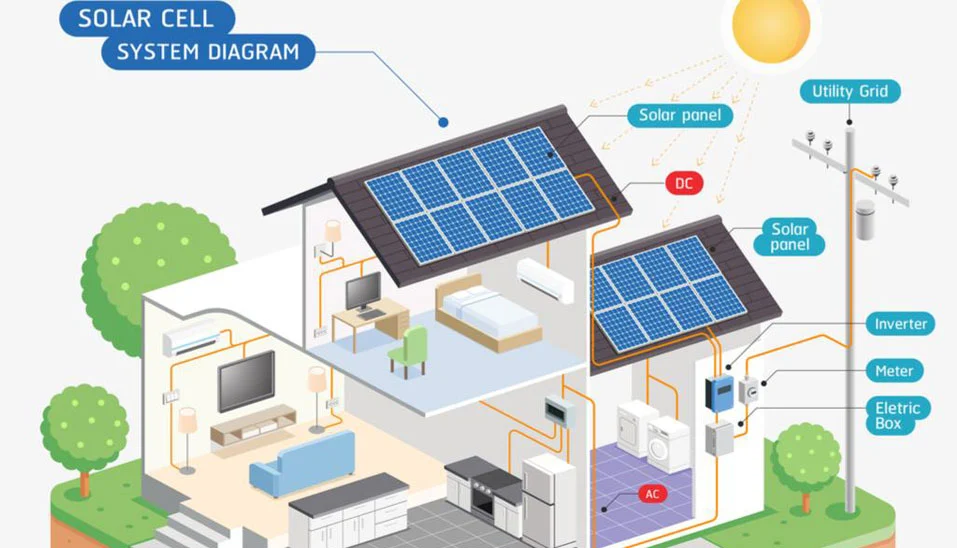
Economic Benefits
The economic advantages of home energy storage systems are primarily reflected in:
- Reducing electricity costs: By storing excess solar energy, households can use stored power during peak hours, thus reducing electricity expenses.
- Return on investment (ROI): Although the initial investment in home energy storage systems is relatively high, the savings on electricity bills and potential policy subsidies can typically result in a payback period of 5 to 10 years.
- Increased property value: Installing a home energy storage system can also increase the market value of a property, as green homes are becoming increasingly attractive to buyers.
Environmental Benefits
The positive environmental impact of home energy storage systems mainly lies in reducing dependence on fossil fuels, lowering greenhouse gas emissions, and combating global climate change.
Conclusion
The future of home energy storage systems is filled with potential. With continuous technological advancements and increasing emphasis on sustainable development, home energy storage systems are expected to see wider adoption globally. It is projected that by 2025, global home energy storage capacity will reach 58 GWh, marking a prosperous development period for residential solar-plus-storage. As more innovative technologies are integrated, we have reason to believe that home energy storage systems will become smarter, more efficient, and more widespread.
Contact us
- Email:[email protected]
- Tel: +86 13651638099
- Address: 333 Fengcun Road, Fengxian District, Shanghai
Get A Quote Now!
Related product links are available directly
Site storage products:Site storage products 归档 – (energystoragecontainer.com)
Lithium Battery:Lithium Battery 归档 – (energystoragecontainer.com)
Read more
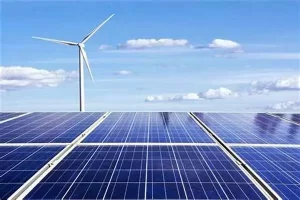
Unveiling Photovoltaic+Energy Storage: Four Major Application Scenarios Leading the Future of Energy
In this way, the energy landscape is evolving, and one of the most thrilling developments in renewables is the integration of photovoltaics energy storage.
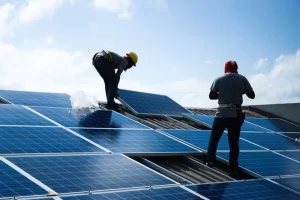
From Theory to Practice: Four Methods for Estimating Photovoltaic Power Generation
Photovoltaic power generation has become an essential part of modern energy solutions, particularly in home solar systems and distributed power applications
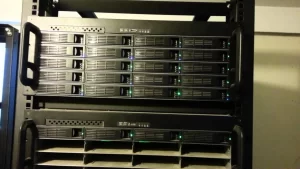
Rack-Mounted Lithium Iron Batteries: Creating Efficient and Reliable Energy Storage Solutions
When it comes to modern energy solutions, rack-mounted lithium iron batteries are taking center stage in a variety of industries. Whether you’re powering data centers, stabilizing energy for households, or keeping critical systems online at 5G base stations, these batteries have become the unsung heroes of our electrified world.
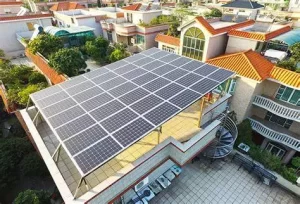
Late Night Energy Saving Tips: How to Maximize Electricity Savings During Off-Peak Hours
With rising energy costs, homeowners are increasingly exploring innovative ways to save on their electricity bills. One effective approach is utilizing off-peak hours—times when electricity rates are significantly lower due to reduced demand.
